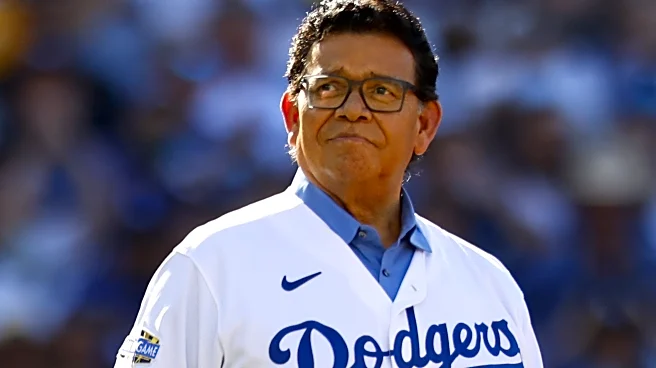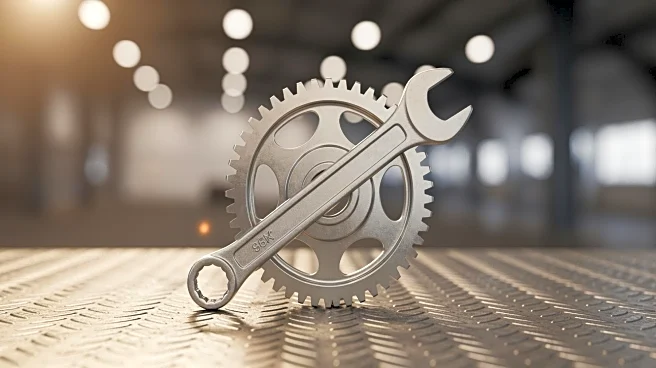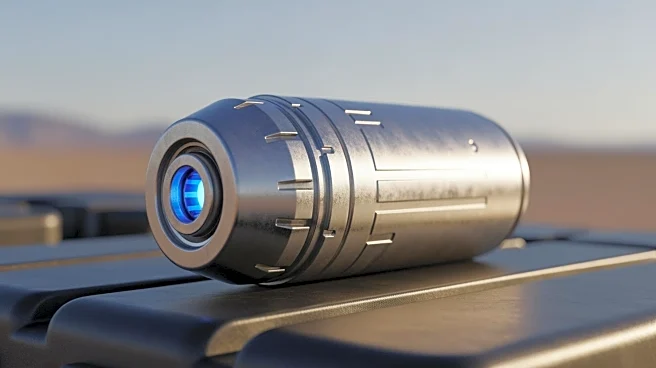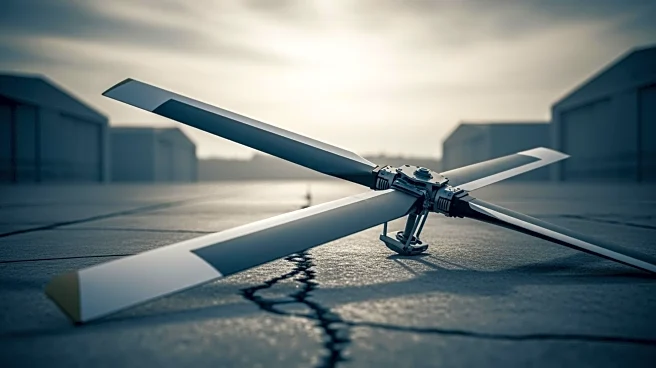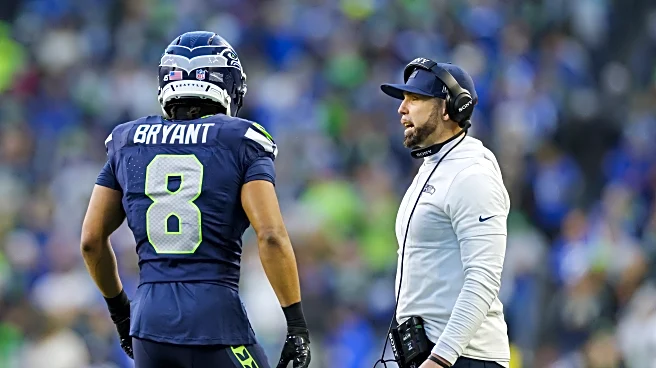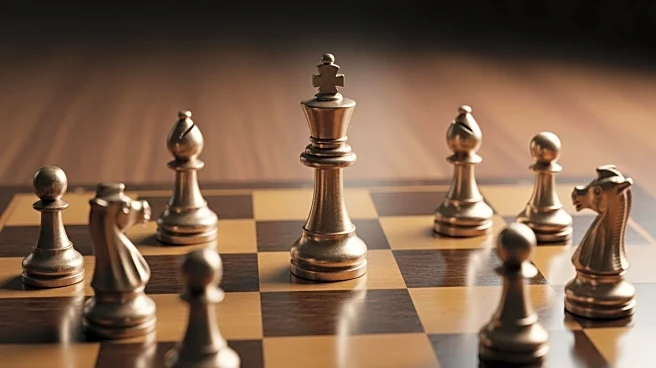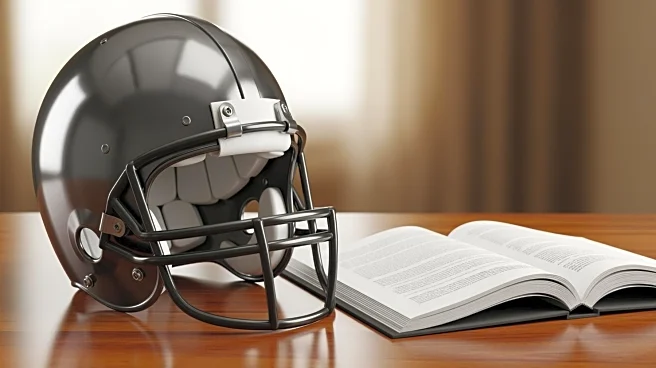The Hall of Fame has announced the eight players who are on this year’s Contemporary Era Hall of Fame ballot. Those players will be voted on by a committee of 16 individuals (who are not yet identified),
with at least 12 votes — 75% — necessary for induction. The Contemporary Era ballot covers the period from 1980 through the present, and is voted on every three years.
The players on the ballot are:
Barry Bonds
Roger Clemens
Carlos Delgado
Jeff Kent
Don Mattingly
Dale Murphy
Gary Sheffield
Fernando Valenzuela
In reviewing the ballot, you can kind of mentally slot guys into different categories. Barry Bonds and Roger Clemens are the Steroid Guys, players with inner-circle first ballot credentials but who have not been elected due to allegations that they used performance enhancing drugs. They aren’t getting in.
Then there’s the Stats Guys With Vibes Issues — Jeff Kent and Gary Sheffield. They have decent cases on the merits.
Kent is 19th all time in bWAR for second basemen (just ahead of Ian Kinsler!) and 22nd in JAWS score (just behind Ian Kinsler! and just ahead of Marcus Semien!). Second basemen have traditionally been underrepresented in the Hall, but the HOF-eligible players ahead of Kent on the all time 2B bWAR list who are not in are Lou Whitaker, Bobby Grich, Willie Randolph and Chase Utley, all of whom are generally viewed as HOF-worthy. Kent also has the most home runs of any second baseman in MLB history.
Sheffield is 20th all time in bWAR for right fielders (60.5) and 25th in JAWS score. Looking at his slash lines, you’d expect him to be higher, but bWAR hates his defense. Sheffield’s 80.8 oWAR is sixth all time among right fielders, ahead of, among others, Al Kaline, Reggie Jackson, and Roberto Clemente. His -27.7 dWAR is the worst for right fielders, and one of only three right fielders who are worse than -20. Still, he has 2689 hits and 509 home runs, which is pretty rarified air.
Neither has a slam-dunk Hall case statistically speaking, but are comfortably in the range where they are reasonable picks from that point of view. They have been hurt, though, by a lack of vibes. Both Kent and Sheffield were known for being difficult personalities who, it was suggested, could create clubhouse friction. Each player bounced around a lot in their careers — Kent played for six teams, Sheffield eight — and neither spent as much as half of their career with one team. Kent won the MVP once, but otherwise never finished higher than sixth, and had just four top-10 finishes overall. Sheffield had three top-three MVP finishes but never actually won. Each of them appeared on MVP ballots in just seven different seasons. And Sheffield is further handicapped by suspicions of PED use — not as strong as Bonds and Clemens, but suspicions that are there nonetheless.
When then come to the Vibes Guys With Stats Issues — Don Mattlingly, Dale Murphy and Fernando Valenzuela. They are three guys who, in their primes, felt like Hall of Famers. Murphy won the N.L. MVP two years in a row, in 1982-83. Mattingly won the MVP in 1985, finished second in 1986, and finished 5th and 7th in 1984 and 1987, respectively. Valenzuela won the Rookie of the Year and Cy Young Award in 1981 while finishing fifth in the MVP voting and landing on the cover of Sports Illustrated because of Fernandomania sweeping the nation, and had second, third and fifth place Cy Young finishes from 1982-86. Mattingly was a nine time Gold Glove winner, Murphy a six time Gold Glove winner, and even Fernando won a Gold Glove.
However, none of the three could sustain their success long enough to rank highly statistically. Murphy is 27th all time among center fielders in JAWS score, due to his peak — he’s a little behind HOFers Kirby Puckett and Max Carey, but also trails guys like Chet Lemon, Johnny Damon and Fred Lynn. His career bWAR of 46.5 is 37th all time, trailing, along with the three previously mentioned players, Mike Cameron, Devon White, Bernie Williams, Ellis Burks and Brett Butler. Murphy had six great seasons, three good to okay seasons, and didn’t really do anything in his other seasons.
Mattingly is a similar story — he was great from 1984-89, had an awful season in 1990, was fine from 199-94, was bad in 1995, and then retired due to injuries. He’s 40th in JAWS among first basemen, 45th in bWAR (42.4).
Fernando had a seven year run where he put up 31.2 bWAR, from 1981-87 — his age 20-26 seasons. Tommy Lasorda rode him hard and tore up his arm, and in eight major league seasons after that (with a year in the Mexican League mixed in) he totaled 5.3 bWAR. His career 41.4 bWAR is 172nd all time among starting pitchers.
The stats aren’t necessarily there, but honestly, if anyone is elected this year, I’d wager it is one of these three. They all have the memorable peaks, won awards, “feel” like Hall of Famers. All are well-respected — loved, even — by those who cover the game. With a small committee with just a handful of people voting, it seems more likely a vibes guy will get in than with a larger electorate.
Finally, there’s Carlos Delgado. He’s a category of his own. He doesn’t really have the numbers — his 44.4 bWAR is 40th all time among first basemen, and he’s 38th in JAWS score. He had a terrific six year run where he put up 31.6 bWAR, with the rest of his seasons falling in the “fine, generally” category. He played 17 seasons, but in four of those seasons he played 43 or fewer games, and so didn’t rack up the counting stats that can push someone over the top. With 473 home runs, another productive season could have gotten him over the 500 mark, which would have helped, but that didn’t happen.
Delgado also isn’t a vibes guy. He finished 2nd in the MVP balloting in 2003 and 4th in 2000, his only top five finishes. Both of those seasons were with Toronto, which people tend to forget about. He didn’t win any rings, didn’t imprint himself on the public consciousness, didn’t generate the same type of “he’s a Hall of Famer!” talk, in his prime, that Mattingly and Murphy and Valenzuela did.
Delgado is kind of the outlier in that regard among this year’s candidates.
The results of the voting will be announced on December 7, 2025.
